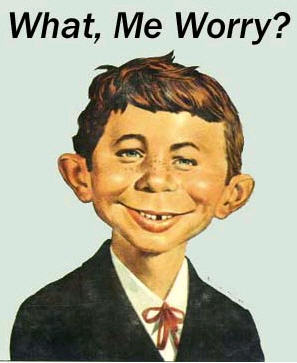Are Movie Fans Smarter and More Creative?
Posted on July 3, 2008 at 8:00 am
A Mindset Media study finds that people who go to the movies more than three movies a month, they are more likely to be highly optimistic, creative, or assertive.
“We asked ourselves why, with insane gas prices and video-on-demand, would people go to see movies – and lots of them – on the silver screen,” said Sarah Welch, COO and co-founder of Mindset Media. “The answer is their personalities.” In a study fielded earlier this year among 25,000 respondents, Mindset Media found that people who plan ahead to regularly see movies have a distinct Mindset Profile, or set of psychographic traits.
The study, which defines people who go to the movies regularly as those who see three or more movies each month and plan what movie they are going to see in advance, found four Mindsets distinguished regular movie goers from the general population: 58 percent more likely to be an Assertiveness 5, 99 percent more likely to be a Dynamism 5, 38 percent more likely to be an Optimism 5, and 76 percent more likely to be a Creativity 5.
Highly assertive people, or Assertiveness 5’s in Mindset Media parlance, are alpha dogs. They know what you want and go after it with purpose. They also have strong opinions and have no problem taking charge of a situation. Dynamism 5’s (highly dynamic people) thrive on being where the action is. They see and do more in a typical day than many would dream of doing in a week, or even a month. They believe the only place to be is in the thick of it; never on the sidelines. Highly optimistic people (Optimism 5’s) never fail to look on the bright side of things, no matter how bleak the current situation. Others tend to look towards Optimism 5’s to cheerfully look forward to what the future will bring. Those who score high in Creativity (Creativity 5’s) are both inventive and imaginative. Creativity 5’s also tend to be emotionally sensitive and intellectually curious.
This is marketing mumbo-jumbo, but it makes sense to me that people who are active enough to get themselves out of the house and go to a movie are likely to be assertive, dynamic, energetic, and optimistic (with so many awful movies out there, they have to be optimistic to expect the next one to be good). And it makes sense, too, that people who want to enter new worlds and engage with new characters are likely to be imaginative and creative. So, next time you’re planning to stay home and watch reruns, try a movie!


